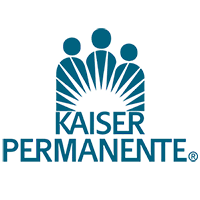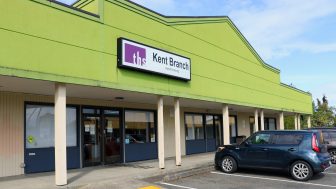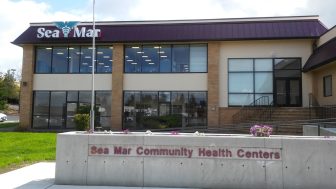Intercept Associates
30620 Pacific Hwy S
#107
Federal Way, WA 98003
About Intercept Associates
Intercept Associates is a community based substance abuse treatment clinic in Federal Way, Washington. They treat adults with a focus on parents and families. Services offered include intensive outpatient treatment and general outpatient treatment. They also offer drug and alcohol education services. They offer a number of evaluation services.
Intercept Associates offers day and evening sessions, so you can get treatment on a schedule that's convenient for you. They have programs for those in the early stages of addiction as well as those living with severe symptoms. You can receive one on one counseling on a walk in basis. Treatment comes with relapse prevention support, too.
I like their evaluation. Whether it's the result of a legal action or self referral, an evaluation can be the first step toward recovery by identifying the severity of your addiction and recommending an entry point for treatment.
Intercept Associates accepts DSHS Medicaid and many private insurance plans.
Addiction Treatment Programs
Options for a young adult program in Washington include residential programs, sober living homes, recovery support groups, specialized counseling, family therapy, alternative therapy, and social skills development. These rehab treatments often include therapy to address co-occurring disorders.
For those aged 18 and older, an adult program in Washington can help in overcoming addiction. You can get effective treatment for substance use disorders and related mental health issues at the level of care that works best for you.
During alcohol rehab in Washington, you’ll participate in a variety of individual and group therapy sessions. These treatments are designed to help you address issues related to substance use and develop new coping skills. The goal is to empower you to achieve long-term recovery.
Men’s rehab in Washington focuses on specific challenges faced by men, including relationship dynamics. Gender-specific treatment helps men repair damage to their relationships and get the support they need.
Women’s rehab in Washington effectively treats drug and alcohol addiction by addressing the unique needs of substance-dependent women, which provides an opportunity to break the addiction cycle and embrace long-term recovery.
Opioid rehab in Washington begins with breaking your physical dependence on opioids, through safe, supervised detox. After this phase, you will work on overcoming damage caused by opioid use disorder, through a variety of therapy methods. You’ll then receive aftercare to prevent relapse.
Cognitive behavioral therapy in Washington teaches healthy coping strategies. Treatment includes setting goals, learning communication skills, and cognitive-behavioral strategies to manage triggers.
Effective drug rehab in Washington integrates care for the whole person, offering comprehensive solutions to addiction. Treatment methods address mental, physical, and relational aspects of substance abuse.
LGBTQ individuals can find LGBTQ-friendly rehab in Washington. These programs offer services that are similar to general-population programs but are geared toward common LGBTQ experiences.
Addiction often involves irrational thoughts and beliefs. Rational emotive behavioral therapy in Washington helps people identify their irrational thoughts and shift irrational beliefs to decrease destructive behaviors and create attainable goals.
Levels of Care
Outpatient rehab in Washington is often a good option if you’re in long-term recovery and need ongoing coaching to avoid relapse. This treatment provides accountability and support while you maintain other life responsibilities.
When substance abuse and mental illness are both present, you need specialized treatment to achieve recovery. Both the substance abuse and mental health disorder must be treated by dual diagnosis treatment in Washington.
When you enter drug rehab in Washington, medical professionals will create a custom detox plan to begin your recovery. This process slowly and safely cleanses your body of addictive substances.
Intervention services in Washington are often key to starting the recovery journey. These services include pre-intervention counseling for family members, planning and facilitation of of the intervention, educational resources for treatment planning, and assistance with admission to drug rehab in Washington.
Accreditations
Accepted Insurance








